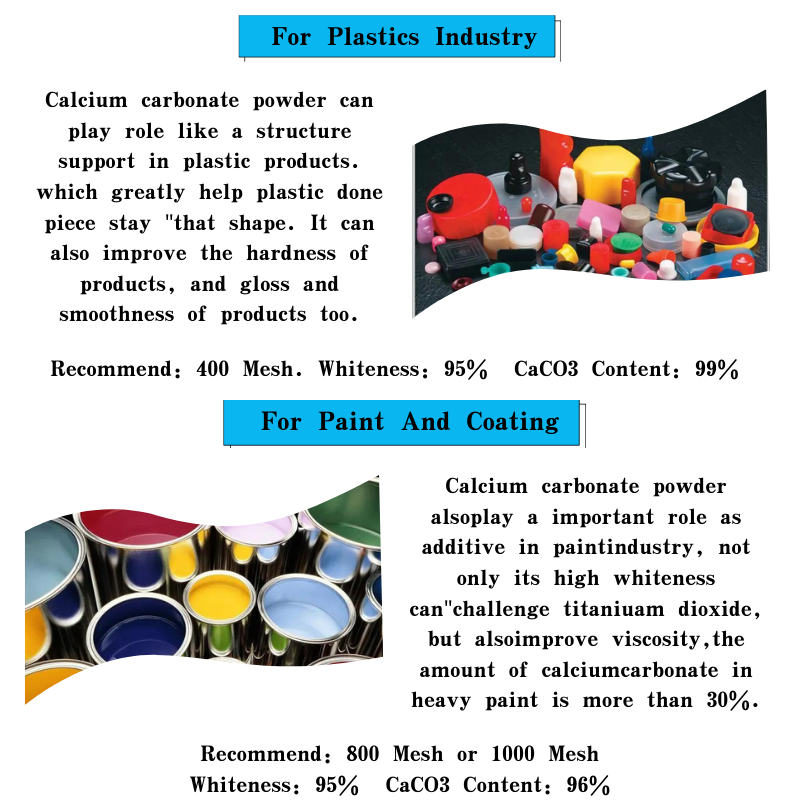
OEM solutions for zeolite and bentonite applications in various industrial sectors and environmental services
Exploring the Benefits of OEM Zeolite and Bentonite in Industrial Applications
In recent years, the industrial sector has seen a significant rise in the utilization of innovative materials to enhance product performance and sustainability. Two such materials that have gained attention are zeolite and bentonite, both of which can be sourced through Original Equipment Manufacturers (OEM). These natural minerals offer a range of benefits that make them ideal for various applications, from agriculture to environmental remediation.
Understanding Zeolite and Bentonite
Zeolite is a naturally occurring volcanic mineral composed of hydrated aluminosilicates. Its unique crystalline structure provides exceptional ion-exchange capacity, which is vital for applications like water purification, nutrient delivery in agriculture, and even in the production of catalysts for petrochemical processes.
On the other hand, bentonite is a type of clay primarily composed of montmorillonite. This material is renowned for its swelling properties and high cation-exchange capacity. The ability of bentonite to absorb and retain moisture makes it particularly valuable in the agricultural sector, where it is employed to improve soil structure and enhance water retention.
The Role of OEM in Sourcing Zeolite and Bentonite
Original Equipment Manufacturers (OEM) play a crucial role in the supply chain of zeolite and bentonite. By sourcing these materials in bulk and processing them to meet specific industrial demands, OEMs can provide tailored solutions that enhance the efficiency and effectiveness of various products. This not only ensures consistency in quality but also helps businesses benefit from cost savings through bulk procurement.
Whether used in construction, agriculture, or environmental applications, OEM-supplied zeolite and bentonite can be customized to meet specific industry requirements, making them a versatile choice for manufacturers
.oem zeolite bentonite

Applications in Agriculture
In agriculture, both zeolite and bentonite contribute significantly to soil health and crop productivity. Zeolite acts as a slow-release fertilizer, helping to retain essential nutrients in the soil while minimizing leaching. This property supports sustainable farming practices by reducing the need for chemical fertilizers, thereby promoting environmental stewardship.
Bentonite, with its moisture-retaining capabilities, enhances soil structure and fosters a conducive environment for root development. Additionally, it can help in controlling soil erosion, making it a vital resource for farmers in regions prone to drought or heavy rainfall.
Environmental Remediation Benefits
Beyond agriculture, zeolite and bentonite are instrumental in environmental remediation efforts. Zeolite’s high ion-exchange capacity allows it to effectively remove heavy metals and radioactive materials from contaminated water sources. Its application in wastewater treatment plants has proven to reduce pollutants efficiently.
Bentonite is commonly used in landfill liners and caps due to its low permeability properties. This prevents leachate from moving through the soil, thus protecting groundwater resources. Moreover, its ability to swell when wet creates a barrier that can adapt to changing conditions, offering an additional layer of environmental protection.
Conclusion
The integration of OEM-sourced zeolite and bentonite into industrial applications is a testament to the growing trend of utilizing natural materials for enhanced efficiency and sustainability. As industries continue to seek eco-friendly solutions, the versatile properties of zeolite and bentonite mark them as invaluable assets in agriculture, environmental remediation, and various other sectors. By leveraging the expertise of OEMs, companies can access high-quality materials that not only meet their operational needs but also contribute to a sustainable future.
Share
-
Premium Pigment Supplier Custom Solutions & Bulk OrdersNewsMay.30,2025
-
Top China Slag Fly Ash Manufacturer OEM Factory SolutionsNewsMay.30,2025
-
Natural Lava Rock & Pumice for Landscaping Durable Volcanic SolutionsNewsMay.30,2025
-
Custom Micro Silica Fume Powder Manufacturers High-Purity SolutionsNewsMay.29,2025
-
Custom Mica Powder Pigment Manufacturers Vibrant Colors & Bulk OrdersNewsMay.29,2025
-
Custom Micro Silica Fume Powder Manufacturers Premium QualityNewsMay.29,2025






